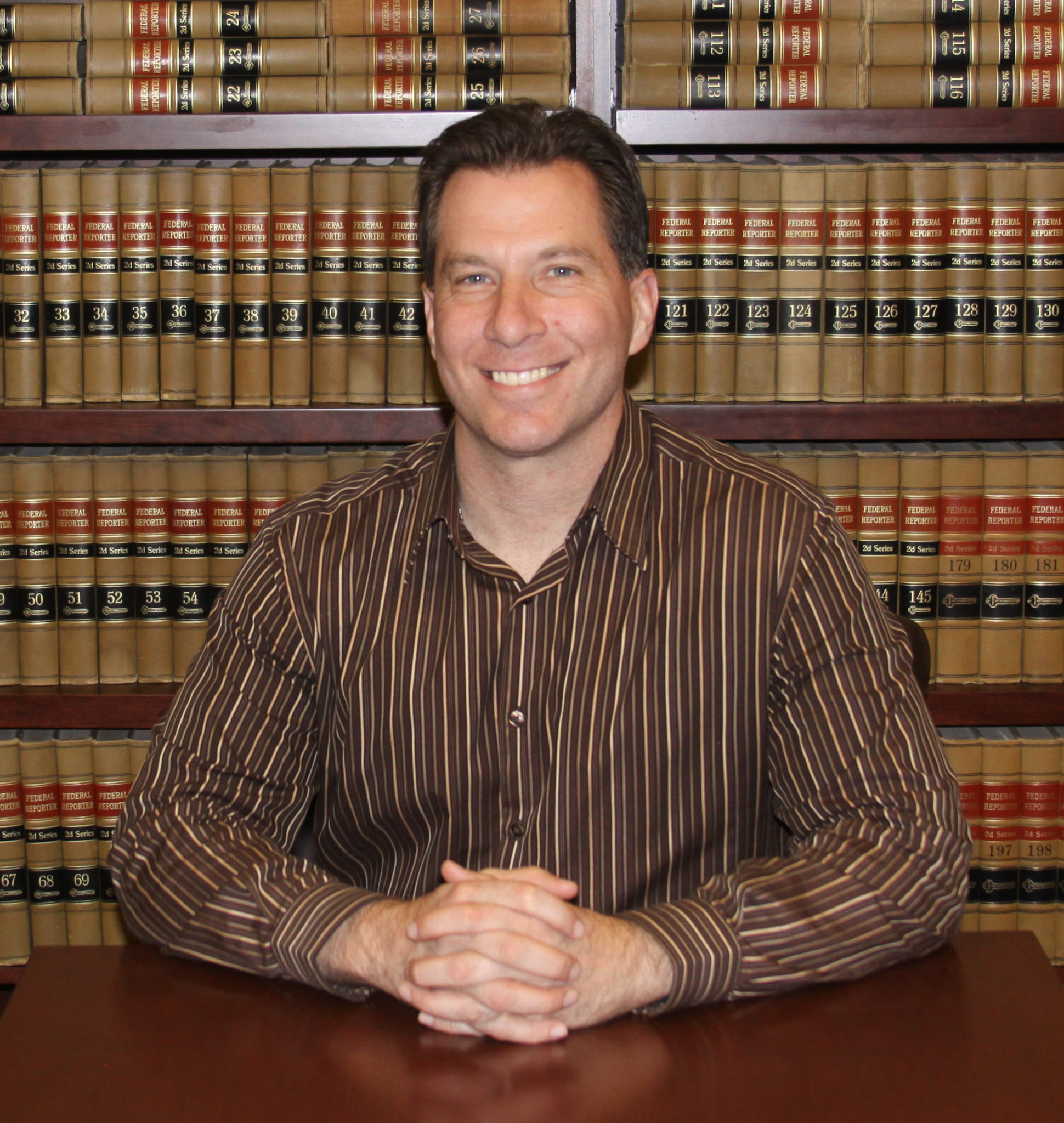
Editor’s Note: A version of this article was previously published on the author’s substack, Saving America, on Jun 13, 2023. With his permission, an updated version has been published below.
As a political science instructor, I have followed many stories of the left using various means to cancel those who they deem “undesirable” or “deplorable” in academia, entertainment, and society. In the Spring of 2023, the mob came for me.
I was canceled for refuting the narrative that police are indiscriminately killing black men during one of my classes at St. Philip’s College in San Antonio, Texas—more on that in a minute.
My parents are retired educators, as is my sister and my uncle. My wife and cousin are current educators. Education was always valued and encouraged in my household. Attending college was a foregone conclusion for me. My entire career in K-12 education was directed towards getting into college and, hopefully, getting a scholarship. Upon entering college in the fall of 1996, I expected to be challenged.
My parents had told me that I would need to do extensive reading in each class. I was told that my ideas, perceptions, and beliefs would be challenged—and they were correct. I was challenged in my faith and my beliefs about race, justice, history, politics, and many other subjects. At no point, however, did going to administrators to complain about information my professors taught cross my mind—even when new ideas made me uncomfortable. I never would have considered such a cowardly course of action. Many times, as an undergrad and later as a grad student, I would ask for clarification, elaboration, or engage in debate with the professor in class or during their office hours. That is how a person grows intellectually and learns the skill of critical thinking.
Unfortunately, that version of academia is largely a relic of a bygone era.
Today, when it comes to politics and social issues, the vast majority of colleges parrot the same narrative and enforce conformity by silencing opposition. Any instructor who dares to deviate from the approved line of thinking is subject to reprimand, harassment, student calls for suspension, or worse, termination.
I’ve read about these types of stories for a few years. Cancel culture often comes for guest speakers on campus, student organizations, and, occasionally, instructors. Cancel culture can come for anyone, but it almost always comes for those on the political right. A thorough review of the phenomena of cancel culture and how it came to be can be found in the book, The Coddling of the American Mind by Greg Lukianoff and Jonathan Haidt. The effect of this phenomenon is an incomplete education for our young people who attend college that can be likened more to an indoctrination of a belief system placed upon the next generation of learners.
Even worse, it leads to a lack of critical thinking ability, open mindedness, and increases political and societal division.
In the past, some of my friends scoffed at the notion that cancel culture exists in academia and that it is pervasive as people claim. They say it’s hysteria promoted by Fox News and right-wing politicians.
However, this spring, cancel culture came for me.
Why? Not because I stood on a pulpit espousing conservative beliefs. Not because I criticized the left or progressives. What got me canceled? I presented peer-reviewed statistical data refuting the narrative that police are indiscriminately killing black men, and I merely gave the counter view to gender-affirming care based upon decades of research by Johns Hopkins, peer-reviewed studies in America, Sweden, and other countries.
I presented the view that some believe—about 70 percent according to recent polling—that transwomen shouldn’t compete in sports against women and that naked men shouldn’t dance in front of children. None of these views are inherently right-wing, as they are shared by many in the LGBT community and radical feminist groups who otherwise have little to nothing in common with the political right.
However, merely presenting this information to students and having one student complain was enough to end the job that I loved—and potentially end my career in higher education. Since my dismissal, some at the college have wondered aloud why people like me would want to work at a college when the ideas I hold are against the mission of the college. One colleague said in a text message that my views “threaten our democracy.” I’m sorry, but I thought the mission of higher education was to inform, educate, challenge, and to expand a student’s horizons—silly me.
I now know it’s to create activists who all think alike and view any opposing viewpoints as rooted in white supremacy and anti-democratic beliefs. According to my, now former, campus, my beliefs were such a threat to campus safety that I was escorted from campus by police and had my keys and ID badge taken from me. This act is normally done after it has been shown that an individual poses a physical or emotional threat to someone on campus. However, for me, it was done immediately after the complaint was made.
When I returned months later to clean out my office, four police officers surrounded me and prevented me from doing so. I had to retrieve my things at the district office while having others pack up my belongings.
I should have known better. At the college convocation on my first official day as a full-time instructor, the guest speaker railed against conservative viewpoints and promoted diversity, equity, and inclusion (DEI). She stated that anyone who disagreed with these values had bigoted motives and that those who proclaimed to desire “diversity of thought” were actually racists who used that phrase to mask their aversion to talking about race and gender. Later in the semester, I was required to take the Master Teacher course as part of my continuing education credit. To pass, the last assignment was to write my own personal DEI statement for my classroom, regardless of whether I agreed with the ideology.
I fought back. After contacting the Academic Freedom Alliance, I was provided a very good attorney—whose firm is solely dedicated to fighting for academic freedom and free speech for student and faculty – showing you how common these cases really are—and was financially funded in full by the Academic Freedom Alliance. I refused to go away quietly because I believe in free speech, the marketplace of ideas, and the traditional purpose of a university education.
While I ultimately settled for a cash amount, I may lose my career. I’ve had no luck in getting another full-time job. I’ve had interviews rescinded once the Dean of the interviewing institution found out about my background. While I’m still working as an adjunct at Texas State University, I’ve begun to accept that teaching—my passion—may not be my future. If that’s my fate, my case will still have been worth fighting for because those of us who believe in liberty and academic freedom cannot stand idly by while those in power attempt to bully their opposition into silence. If they win, America loses.
“If the freedom of speech is taken away, then dumb and silent we may be led, like sheep to the slaughter.” – George Washington.
Photo by bauhaus1000 — Canva Stock
